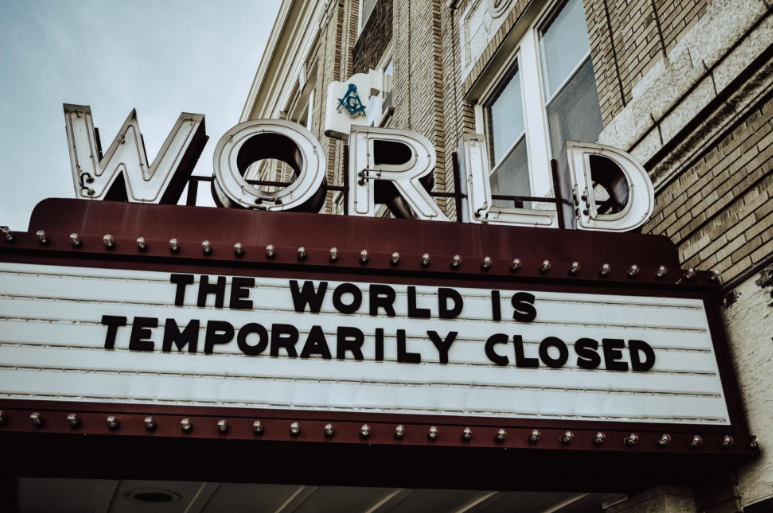How to Know If I Have Coronavirus Anxiety and What To Do About It.
Everyone reacts differently to stressful situations, and we are all feeling the effects of COVID-19.
Shopping at my local grocery store has taken on a whole new meaning. I’m wearing a mask, hat, and gloves, and as I enter the store, I can feel my body tense up as I process the threat of the Coronavirus. As I peruse the items, I can hear a sneeze in the next aisle. My whole body freezes, and I feel immobilized at the moment. Fear sets in, and I feel overwhelmed. I begin to imagine I’m now a carrier of the virus and going to bring it home to my husband and children.
Everyone reacts differently to stressful situations, and we are all feeling the effects of COVID-19. As a global community, we are fighting against an entity we can’t see, hear, sense, taste, or even touch. With that knowledge, how do we access our safety if we come in contact with the virus, knowing it could jeopardize our life or the lives of our loved ones? It’s a difficult question to answer, and there are not a lot of answers available, adding to anxiety around the virus.
Fear and anxiety can hold us in the gripe of overwhelm and strong emotions. Some signs you may be suffering from anxiety around the Coronavirus include:
Experiencing dizziness or lightheadedness when hearing news about the virus
Changing sleep patterns, i.e., trouble falling asleep or staying asleep and thinking about the virus in bed
Feeling the freeze response when listening to the news about the virus
Lack of appetite when being exposed to reports about the virus
Experiencing stomach issues including feeling nauseous
When we experience these issues and don’t have adequate coping skills, we may rely on alcohol, drugs, or tobacco to help us deal with the anxiety. Taking care of yourself in the form of self-care can help you to cope with these stressors and make you stronger.
“Taking care of yourself in the form of self-care can help you to cope with these stressors and make you stronger.”
What does self-care in coronavirus times look like?
Some of the best ways to deal with the stress of Coronavirus include the following:
Turn off the news or social media. It sounds simple enough but can be life-changing in these times.
Practice a body scan or progressive muscle relaxation.
Do breathing exercises designed to help relax you.
Practice mindfulness for stress reduction.
Check your sleep hygiene and implement healthy choices before bed.
Physical exercise, running, walking, biking, Tai Qi, yoga, or whatever you like to do can be helpful.
Find communities online and join them to feel more connected.
Art therapy, including vision boards, can be fun to do and help to get in touch with deeper feelings.
Seek professional help with a therapist.
Dealing with fear and anxiety can have devastating effects on us personally. Still, being pro-active and using self-care, we can mitigate some of the collateral damage caused by the Coronavirus.
If you are someone you know is suffering from any of the signs of anxiety, depression, or PTSD, please reach out for help. We are all in this together, and there is much support for you.
“Being pro-active and using self-care, we can mitigate some of the collateral damage caused by the Coronavirus.”

